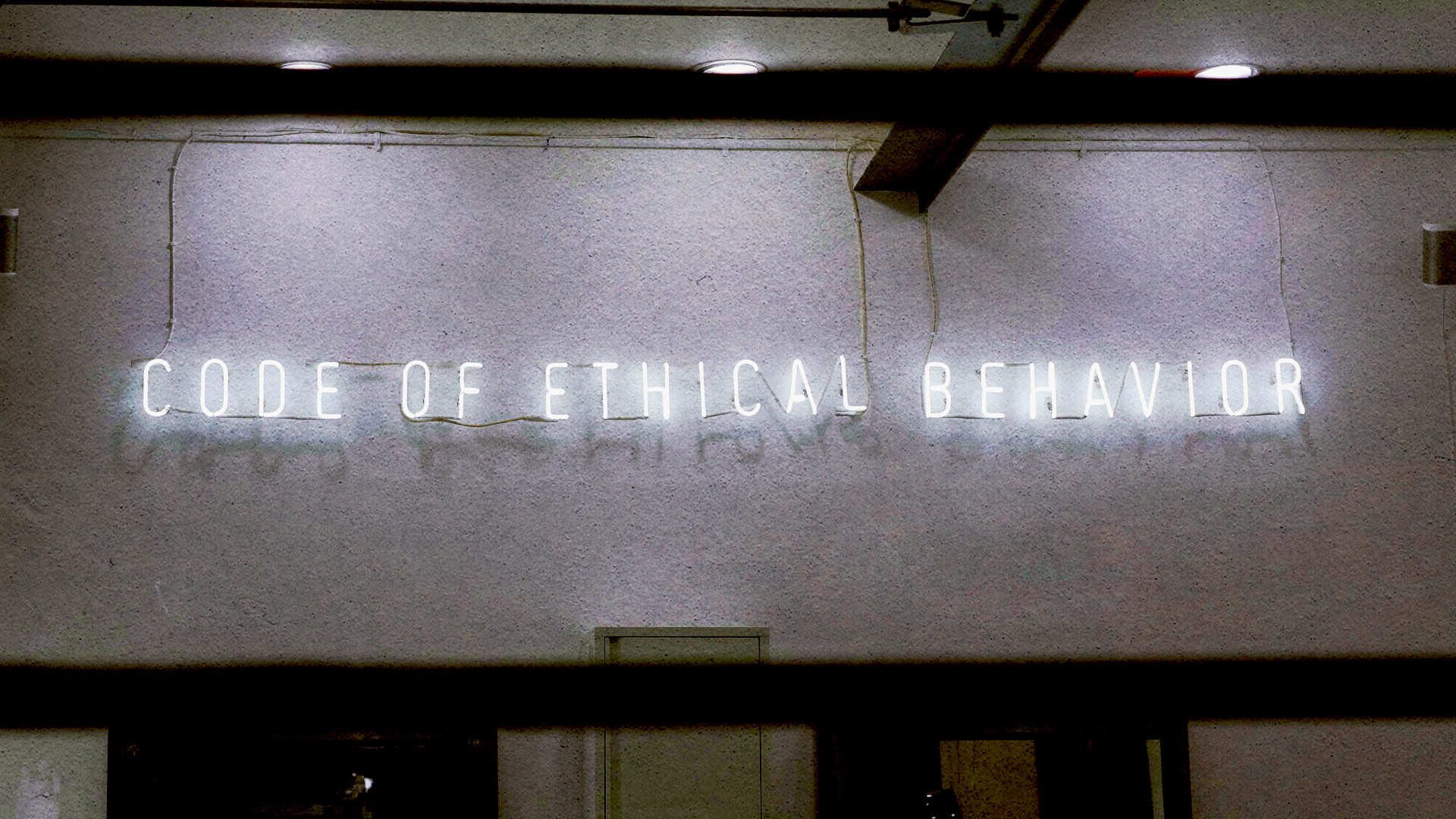
Sell Without Selling Out
Ethical marketing is about building trust, creating value, and forming real connections without resorting to outdated, sleazy tactics.
Shopify, WordPress, Wix, Oh my!
Shopify, Webflow, WordPress, Wix, and Squarespace—how do you decide?
Here are the pros and cons of each to help you make the right decision.
By Abbey Alexander

Choosing the right platform to build your website is not only crucial to the success of your online presence, but it will dictate how easily you’re able to evolve and grow your business in the future.
Whether you’re building an e-commerce store, a content-based website for your brand, a scheduling site for your services, or an event and ticketing platform–choosing a platform that fits your needs streamlines your workflow. Making the best choice from the beginning will save you money and time now and down the road as you expand.
If you’re building an e-commerce website and want to sell products online, Shopify might be for you.
Shopify is one of the most popular platforms for e-commerce. It’s known for being simple and functional to use when it comes to setting up an online store.
Pros:
Cons:
Tip: Are you a cannabis or psychedelics business? Shopify has strict rules and restrictions around the promotion and sale of controlled substances. WordPress (WooCommerce) will be a better option for you.
Cost starting at: $38/mo (CAD)
Webflow strikes the balance between design freedom and powerful features, making it a favourite for designers who want control over their site’s look and feel.
Pros:
Cons:
Tip: Webflow is a great option if you’re working with a design agency or developer. A knowledge of HTML and CSS coding is an asset when working with this platform. WebFlow offers tutorials for learning how to use their builder if you’re building your own website.
Plans starting at: $14/mo (US)
WordPress is the go-to platform for a lot of businesses It’s known versatile and scalable. If you’re building a simple or complex website, WordPress likely has the tools you need. If you expect your business to scale over time, WordPress gives you a lot of flexibility to do this easier than with other platforms.
Pros:
Cons:
Tip: WordPress is a great tool for content based websites, but it’s easy to bloat your website with plugins that affect page load speeds if you’re not careful. It’s helpful to work with an agency with experience building in WordPress to make sure your site is optimized for speed and functions exactly how you want it to.
Plans starting at: $4/mo (US)*
*Does not include hosting costs
Wix is an all-in-one solution designed to help users build a website quickly with little to no coding knowledge. It’s a good entry-level option for smaller businesses, creatives, or anyone looking for simplicity.
Pros:
Cons:
Tip: Wix offers templates across various industries. If you choose Wix, start with a template that closely aligns with your business and then customize it to make it your own.
Plans starting at: $16/mo (CAD)
Squarespace offers sleek designs and a user-friendly interface, making it a good choice for businesses who want to keep it simple, and prioritize aesthetics and simplicity.
Pros:
Cons:
Tip: Squarespace sites emphasize visual appeal. Use high-resolution images to showcase your products, services, or portfolio. You can access Squarespace’s free stock photo library, or upload your own images to personalize your site.
Plans starting at: $21/mo (CAD)
Share This Article
YOU MIGHT ALSO LIKE TO READ

Ethical marketing is about building trust, creating value, and forming real connections without resorting to outdated, sleazy tactics.

How can you understand and measure the ROI of branding? What tangible metrics help showcase its value?

Not all platforms are created equal. Which should you choose for SEO optimization?

Your brand identity is the foundation for everything else you do in marketing and gives your brand a distinct edge.
©The Ideal 2024 | FAQs | Privacy Policy | hello@the-ideal.ca
©The Ideal 2024 | Privacy Policy